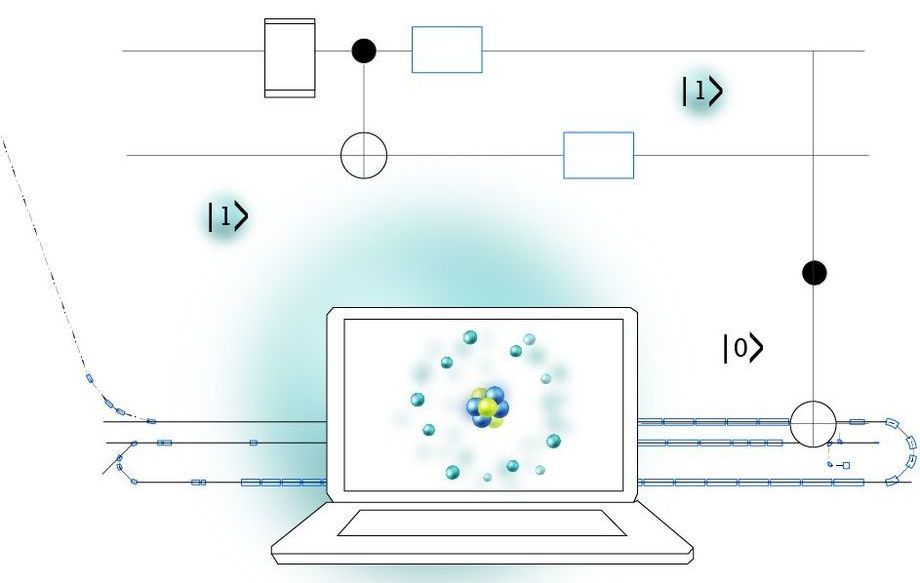This latest IoT security warning is hard to believe…
Warnings that our IoT devices might be spying on us are nothing new—remember the smart speaker fiasco last year? But at least we expect those devices to be listening and can exercise some caution. The latest such warning, though, takes these risks to a new level. It turns out that there may be surprising little spies hiding in our living rooms.
Last December, the FBI warned that the perilous state of IoT security means that “hackers can use an innocent device to do a virtual drive-by of your digital life.” A week earlier, that same FBI office had cautioned on the danger that smart TVs can allow “manufacturers, streaming services, and even hackers an open door into your home.”
Now a new security report from the team at Guardicore, issued today, has combined those two FBI alerts, showing just how easy it is to exploit vulnerabilities in our everyday devices. And this isn’t a data theft risk—it’s much more creepy, playing like something from a spy thriller. It’s an attack scenario that “conjures up the famous ‘van parked outside’ scene in every espionage film in recent memory,” Guardicore says.








